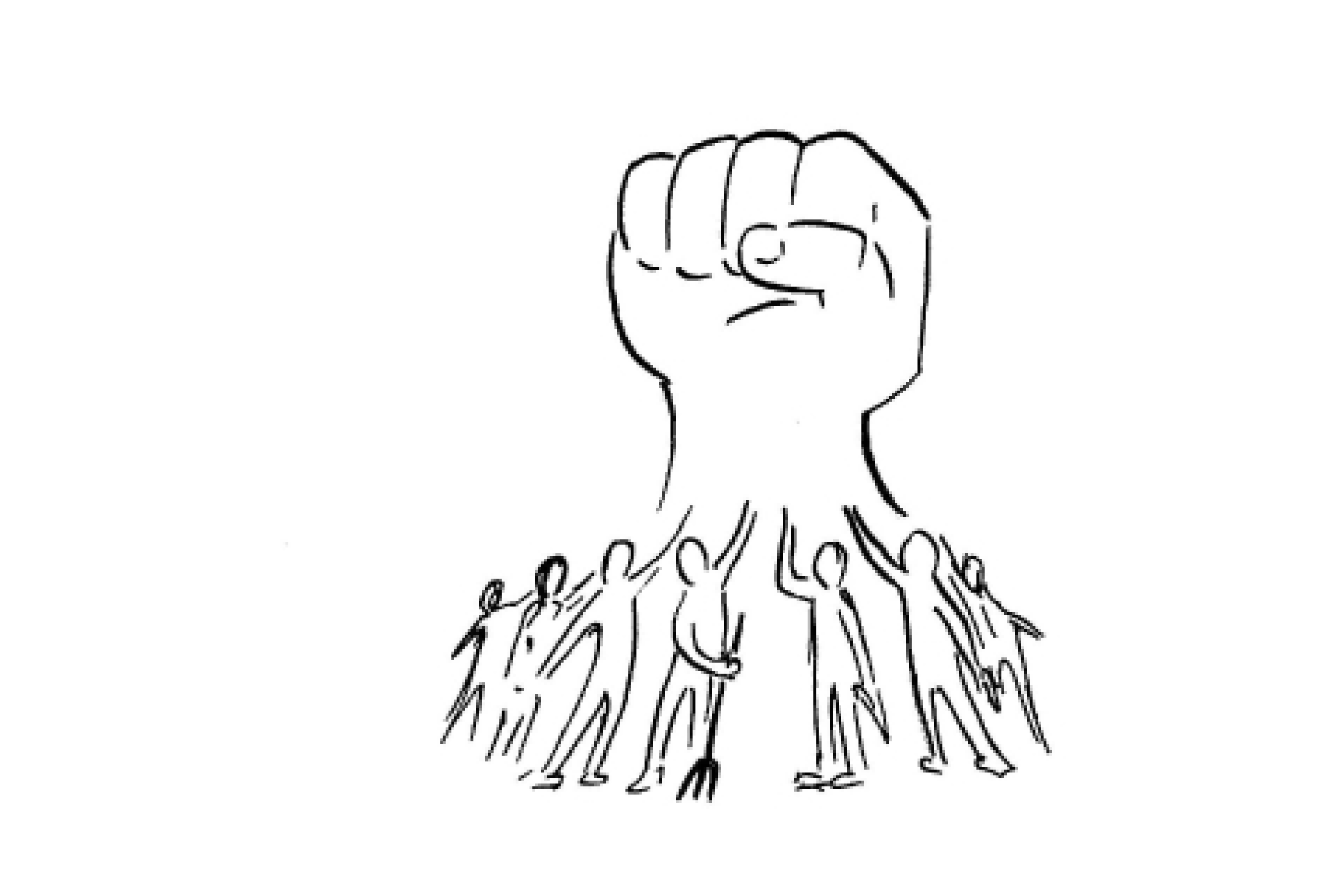What the heck is PCM?
This demo video will give you a solid overview.
PCM is a based on an updated understanding of human nature and the challenges of writing for a living, or just a passion. It's a contemporary discipline of writing that takes into account the whole creative process, including the phases of ideation, organization and execution.
PCM is innovative, useful and best of all, customized for you. It's a vital philosophy designed to meet the challenges of today's writers.

Who should use PCM?
Personal creativity management may refer to an individual writer working in a freelance or entrepreneurial capacity whose livelihood depends on bringing their ideas to form; or to an employee within a team or organization for whom writing is a critical competitive advantage.
But what if you don't have a creative job? No such such thing. Creativity will always be essential for all career success. Particularly as automation eats the world of work more and more, it is the innate, human capacity for creativity that will make professionals more employable.
The very human skill of creativity has proven to be at a premium, and is only growing in importance. The question you have to ask yourself is, how does that capability express itself in your life in ways that are useful to yourself and others?
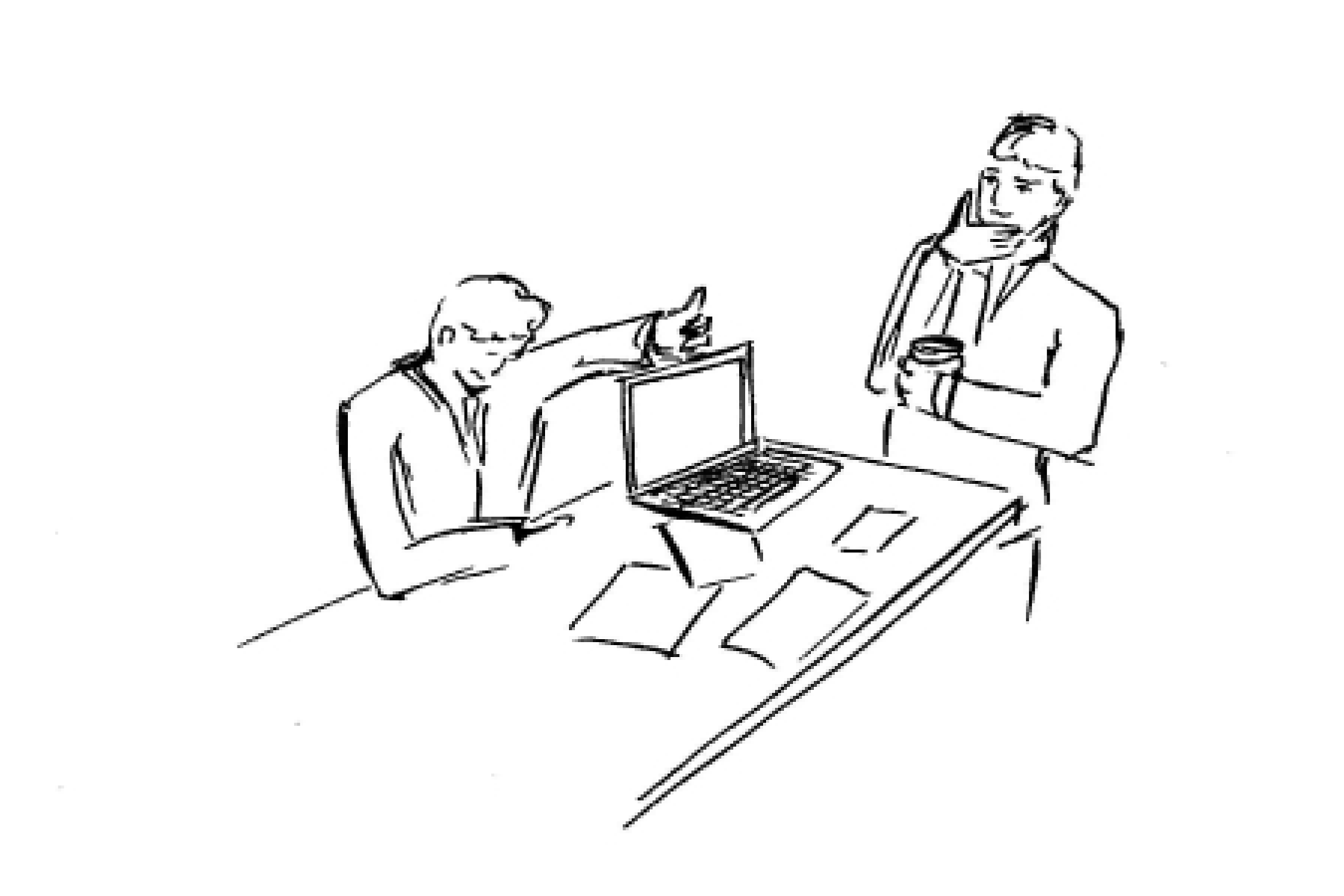
Is there a right way to use PCM?
There is no one way to be creative. Everybody innovates within whatever mental, emotional and existential contexts of their life own situation.
In the PCM system, there's a robust arsenal of 300+ tools custom fit for each individual's unique personality, value system and life situation.
Whatever writing problem you have, whatever step of the creative process you’re at, we’ve thought of everything. And not being able to make things sucks.
If your livelihood revolves around writing and you’re tired of scrambling for superficial, unsustainable, one off hacks to overcome the struggle, save yourself a bundle of stress and time. Every other element of modern business is solving its problems in all these new, technology based ways. Why should creativity be any different?
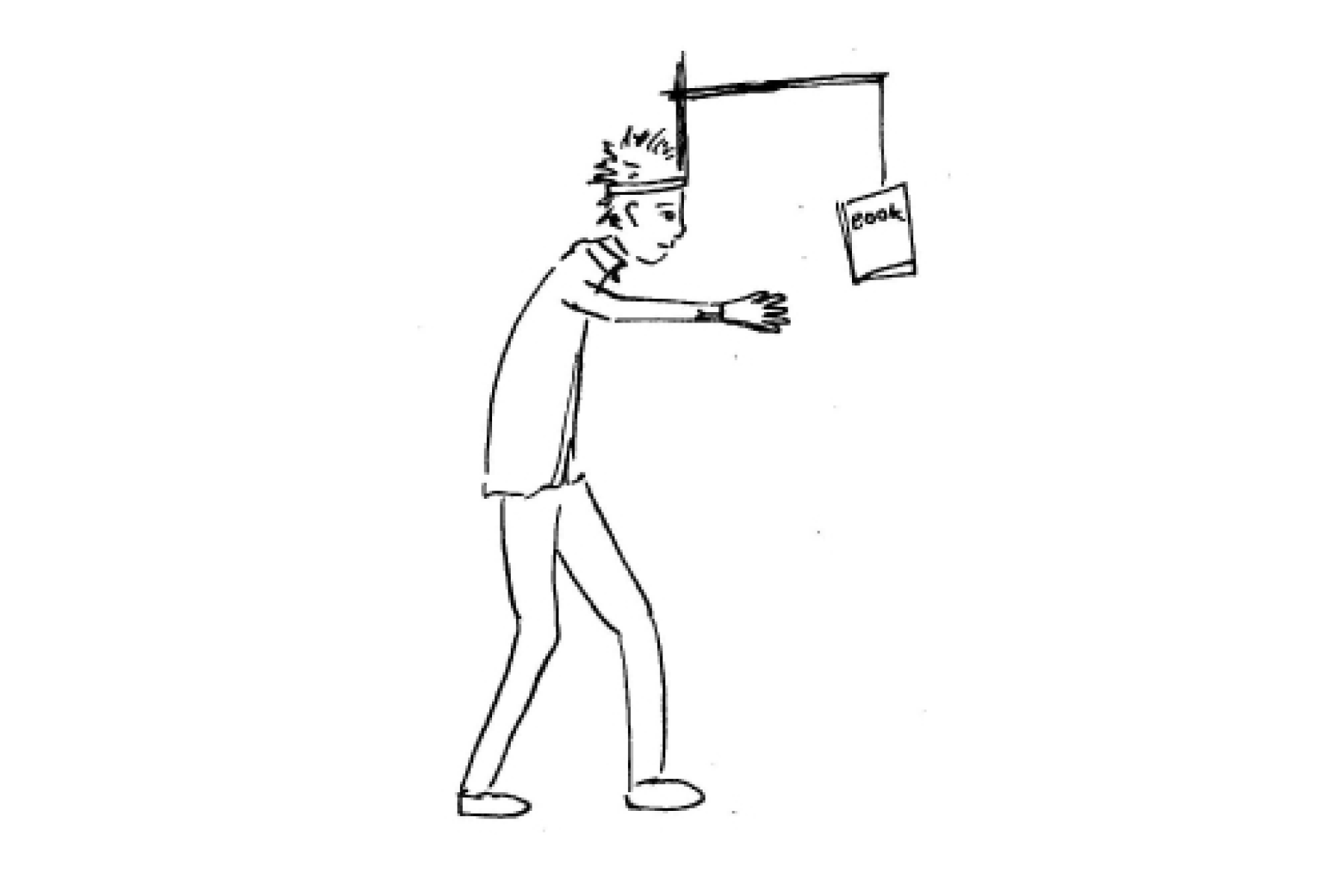
How does PCM help writers?
Personal creativity management is more than just coming up with a lot of ideas. It's about building leverage, momentum and equity through your intellectual capital without burning out along the process.
This is a business discipline that has the power to impact everything in your company. When approached intentionally and collaboratively, personal creativity management can reimagine the way you think about every aspect of your writing.
From product development to marketing to sales to customers service to recruiting to retention. Whether you're a one person enterprise, small business, large corporation or global institution, pcm is a true business revolution.
The more prolific people you are, the more your brand can grow.
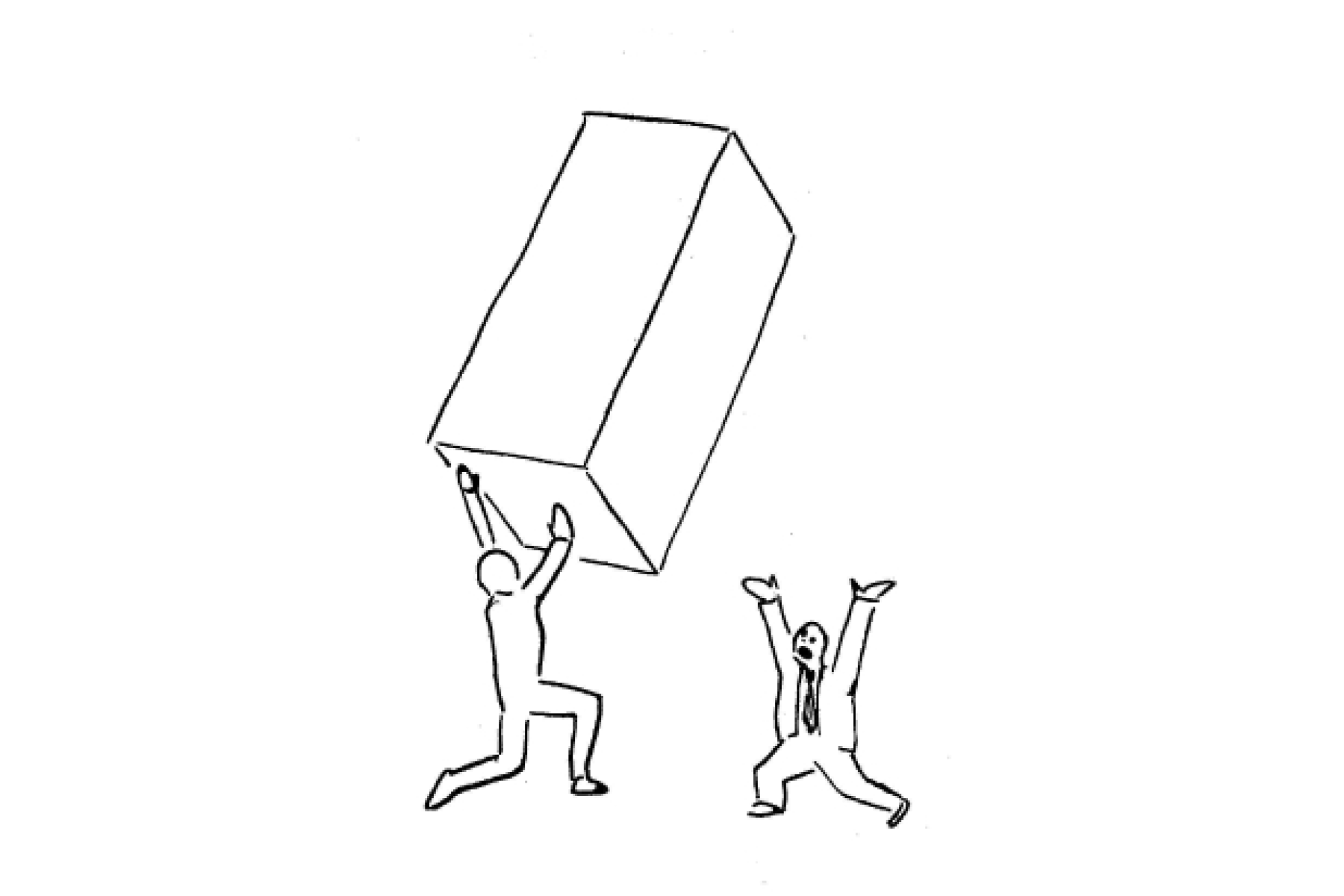
How is PCM different?
PCM is distinguished from other management disciplines by its cognizance of the mental, emotional and existential contexts of the writers for whom it is created.
Earning a living from your writing is not for the faint of heart. Making things can be downright stressful and sometimes overwhelming. And if you’re not equipped to handle the inevitable and resistance that accompanies creative work, then you can end up bitter, burned out and broke.
The problem is, every other element of modern business seems to have its own management system. There’s task management systems, project management systems, financial management systems, customer relationship management systems, hiring management, communication management systems, even office snack management systems.
But none of those tools are purpose built to directly support writers in their work. Sure, there are dozens of apps, games and tools that promise to train the creative brain and expand your imagination. But mostly, they’re just distractions. They’re reactive, not proactive.
Writers don’t need to get better at handling creative emergencies, they need a system for preventing them. They need to customize their own set of rules for what happens when the resistance happens.
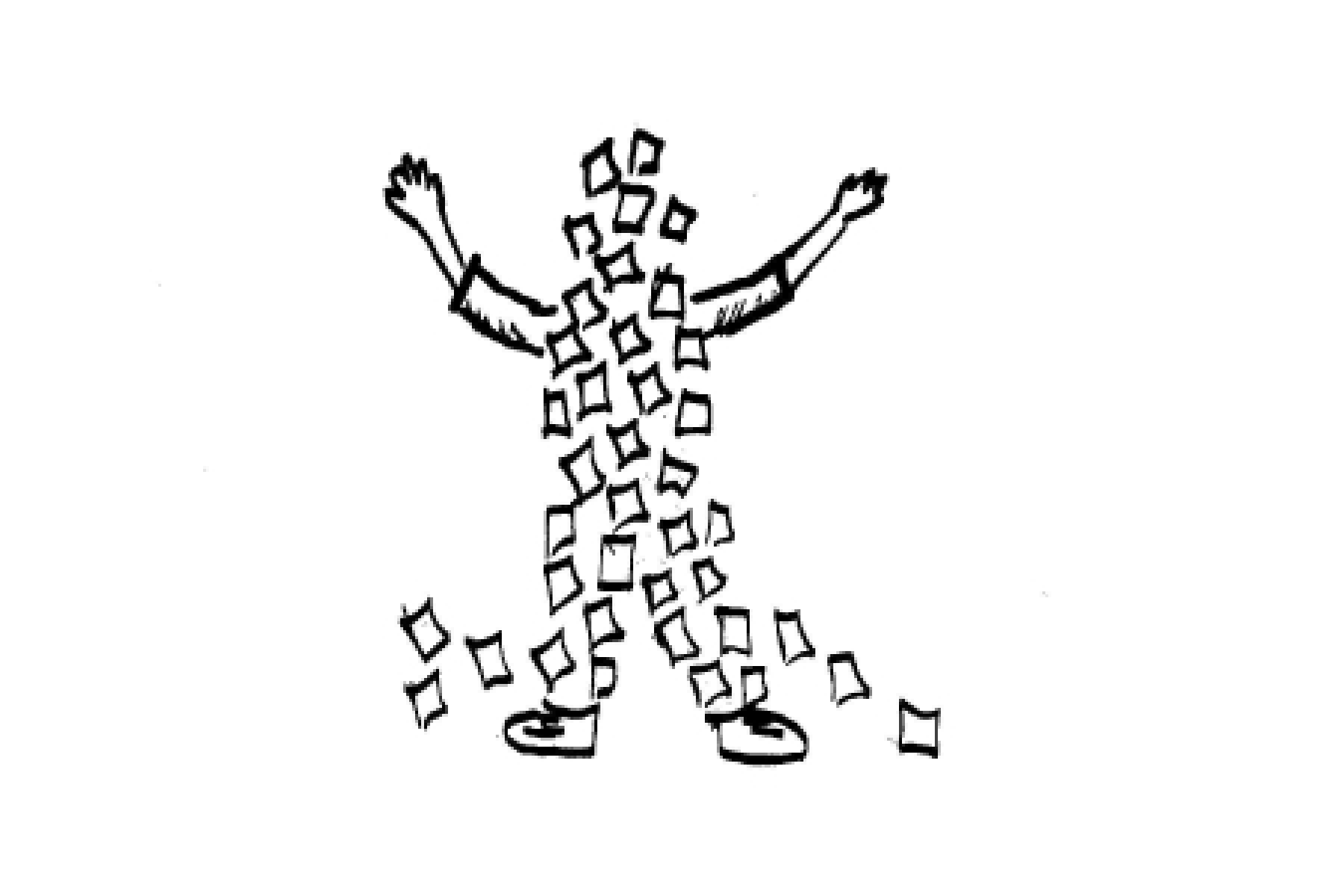
How does PCM work?
At the heart of any new discipline, there often lies a simple underlying structure. Understanding this framework will make applying PCM easier.
Our tools are structured into four colored coded categories. They start strategically and become more tactical as you go down the model.
The solution taxonomy involves four classifications of writing tools. Mindsets, approaches, behaviors and assets.
- Mindsets are the fixed dispositions that determine an individual's response to creative situations.
- Approaches are the particular procedures for addressing or accomplishing creative work.
- Behaviors are the specific ways in which the creative professionals act or conduct themselves conducive to prolificacy.
- Assets are the specific things that can be intentionally used to produce value along the creative process.
Ultimately, these professional, repeatable, standardized, discoverable and documented collection of processes, tools, technique and templates are solutions tailored to your creative goals.
It's the magnitude of having hundreds of mindsets, approaches, behaviors and assets at your fingertips that gives you unprecedented leverage as a creator.
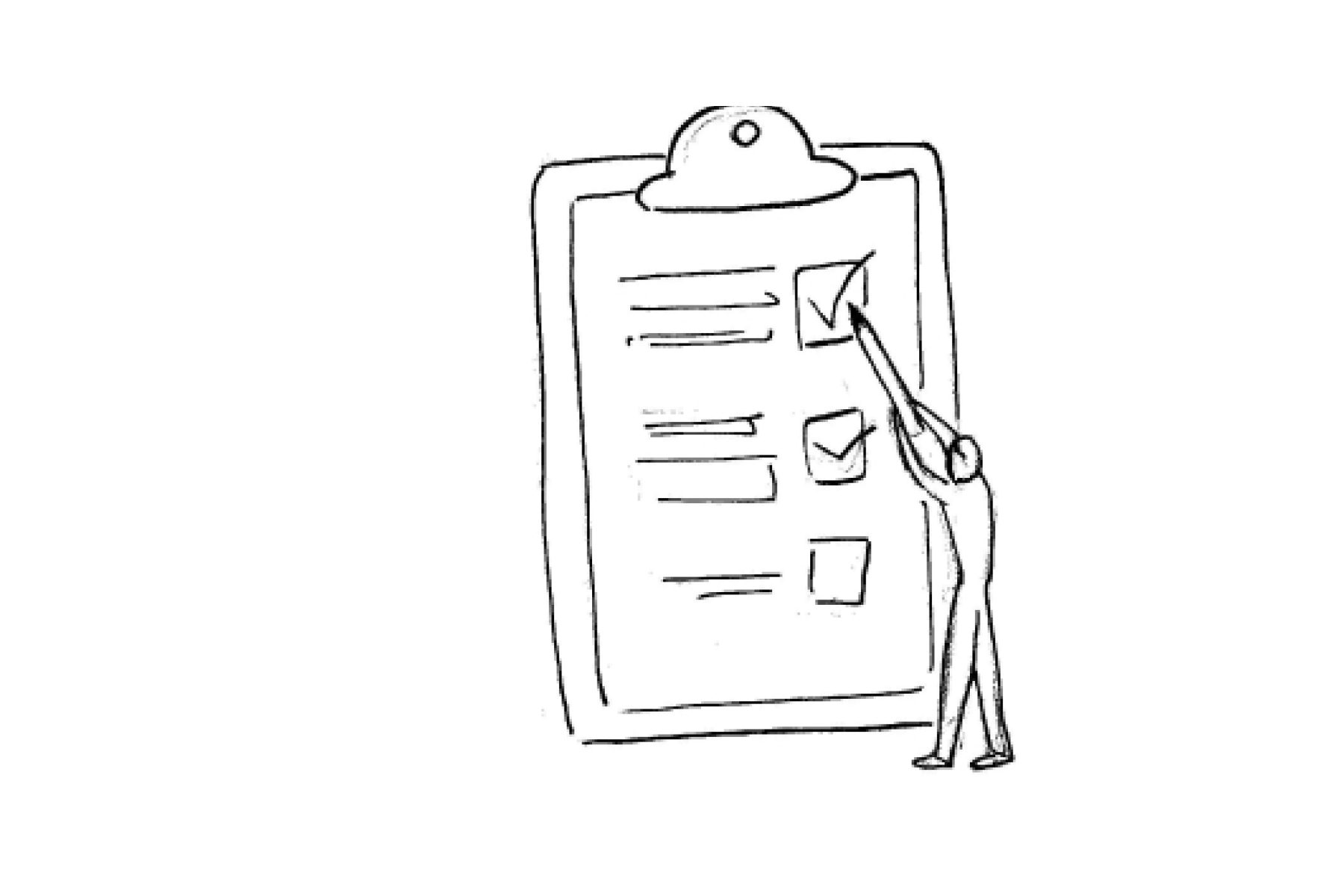
How is Prolfic structured?
Prolific is the world’s first knowledge base that allows you to troubleshoot your own issues along the creative process. We know that once you've named your problem, you're halfway there.
While most companies give knowledge bases away for free as an added value to support a product or service users are already paying for, we inverted the model.
Our PCM knowledge base itself is the product. And the program that users learn to use more effectively is their own brain.
Can companies use PCM?
Organizations need to consider how their management processes support their ability to attract, motivate, and retain creative individuals. And those who work for them need to accept, embrace and capitalize on the unique brand of innovative thinking they bring to their job.
There should not be one person at your company who has the most creative job. Everyone should be empowered to be as creative as they want. And they should be given the tools they need to do so.
They already have systems for project management, billing management, communication management and the like. The time has come to support your people with personal creativity management systems as well.
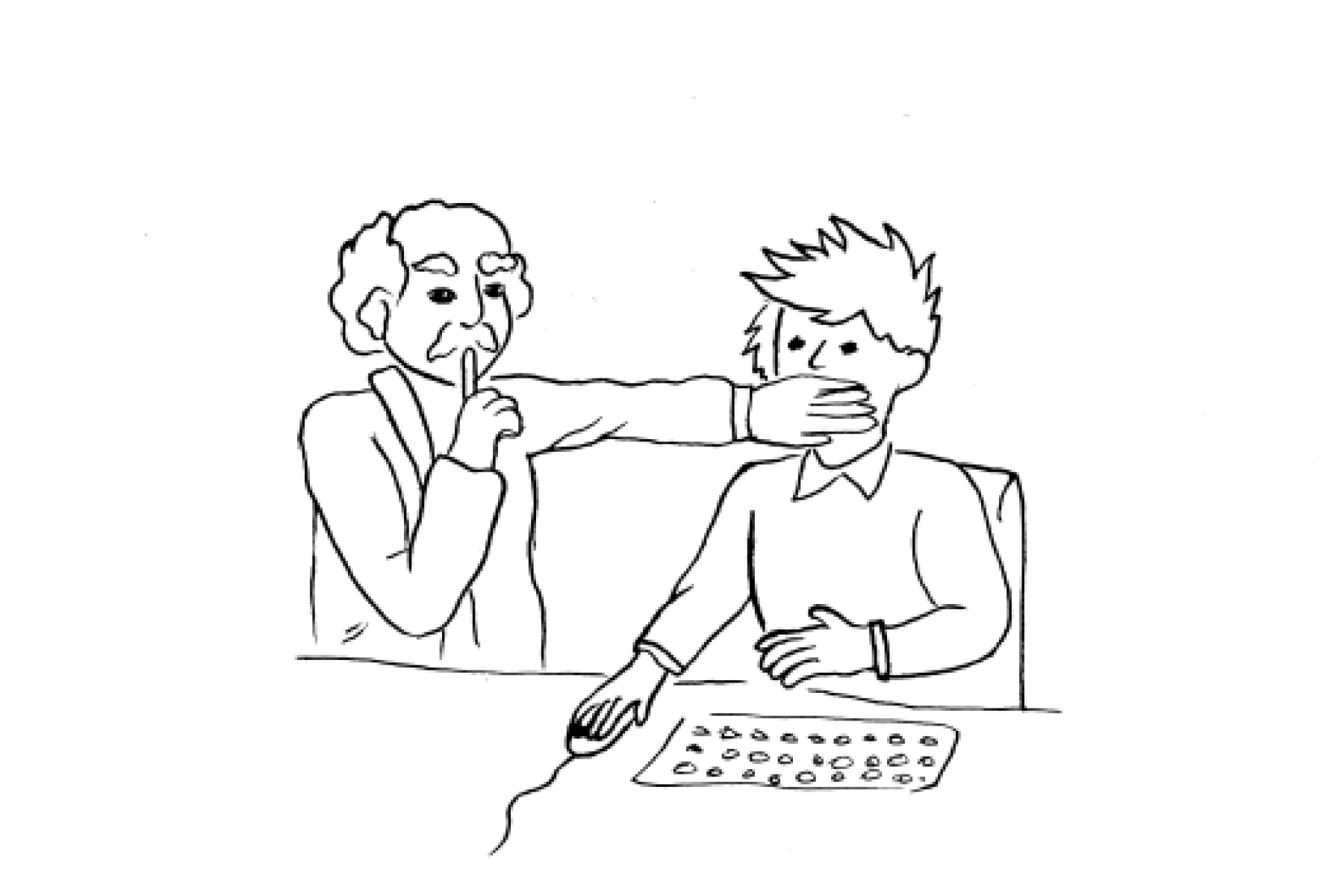
What are you trying to achieve with PCM?
Advocates of this discipline note that effective personal creativity management typically results in greater output, faster execution, lower burnout, deeper focus and higher engagement for those who practice it.
The ultimate goal of PCM is to help individuals and organizations build leverage from their intellectual capital that drives innovation and earns greater profits, while not burning people out during the process. Read success stories of our users here.
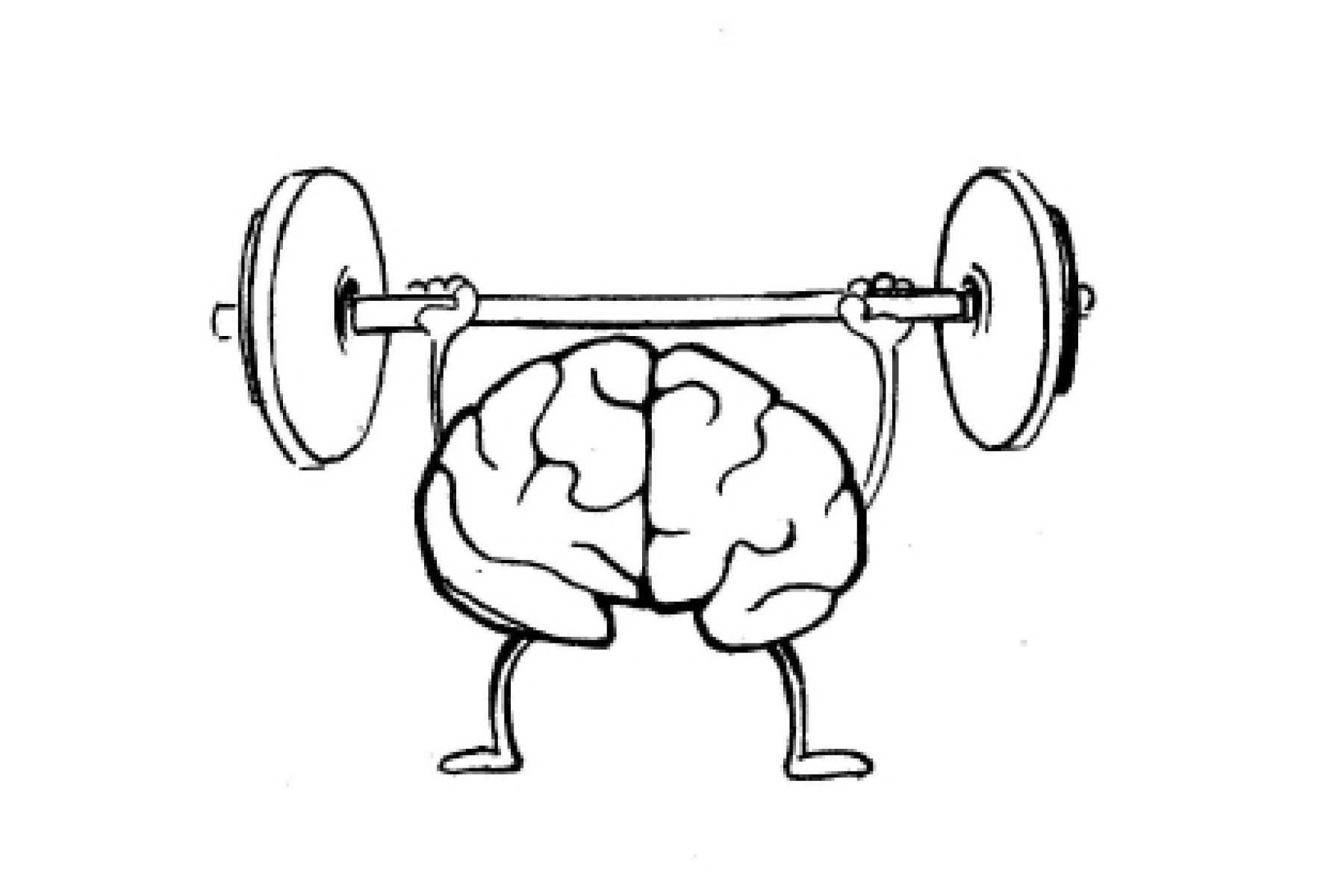
What's wrong with the current way writers solve their creative problems?
Current solutions treat the symptom, not the problem. Writers seldom address their deeper issues with creativity, which are almost certainly more psychological than tactical.
Certain tools may offer them a quick fix, but the individual's real problems never subside enough for them to take full action consistently. They just put a band aid on their inattention for an hour or two.
Most tools become distractions in and of themselves. Imagine how much time people spend managing those idiotic notifications, updates and notes on their apps, calendars or project management software applications. Even if it's only ten minutes a day, that's an hour a week. That's an entire week a year. Multiply that by the number of people on your team, and we're talking about a significant labor expense.
The reality of writing is, it's such a deeply human process, that the only way to enable long term success is to repair the foundation. People need solutions for making real behavior changes.
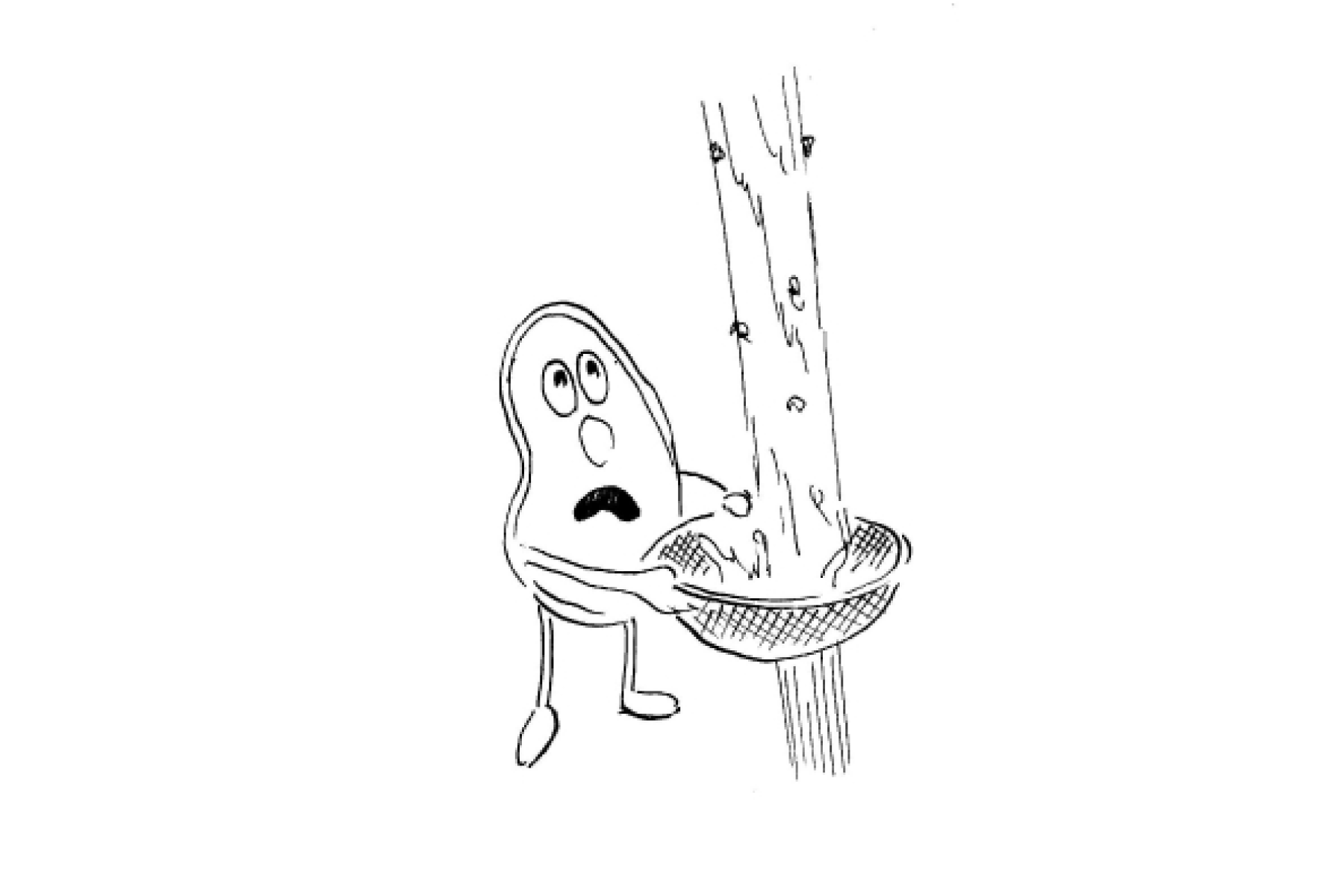
Why is PCM needed now?
Trying to innovate by the seat of your pants, constantly making things up as you go, isn't sustainable or scalable, for individuals or organizations.
In the absence of a defined and appropriate personal creativity management system, most writers are doing projects by the seat of their pants. They're constantly making things up as they go.
And the long term danger of solely taking an extemporaneous path to creativity is, it makes it hard to replicate great work consistently. If every day you or your team sit down to work, and you do so without preparation, making things offhand, fabricating work out of what is conveniently around you, then there will always be a ceiling on what you can accomplish.
It's foolhardy to assume people can sustain innovation without some kind of methodology to increase cognitive ease and free up their minds to do their finest work. Eventually the time comes to stop improvising and start investing in system that is designed to provide a repeatable and innovative experience in which your creativity can thrive.
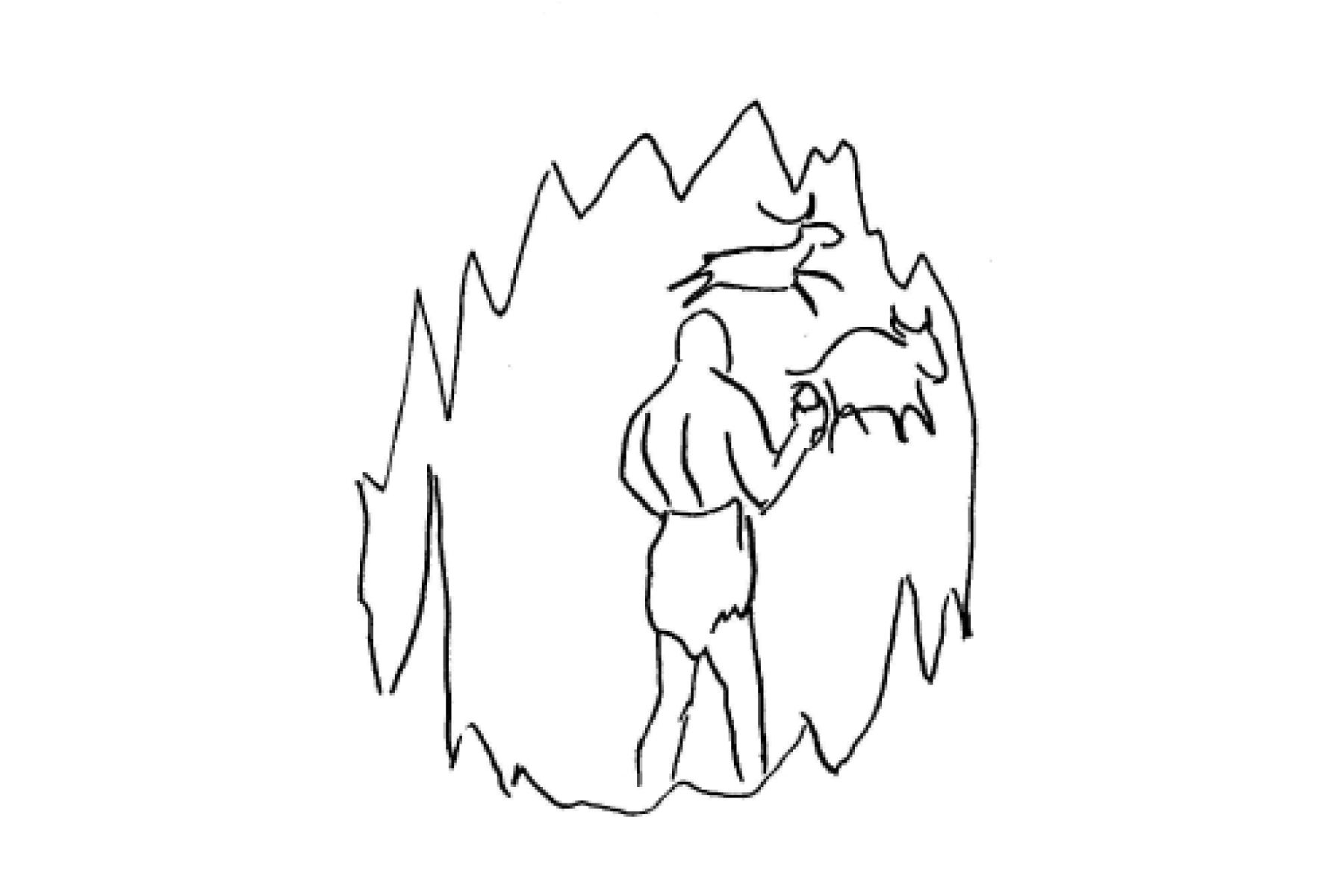
Who invented PCM?
The founder of PCM is Scott Ginsberg, a TEDx speaker, internationally acclaimed author of 51 books, 13 albums, 3 music films, and numerous other creative works. He's been featured on CNN, MSNBC, The Today Show, NPR, FastCompany, COSMO, 20/20, WSJ and Entreprenuer and USA Today. Scott spent 20+ years executing award winning sticky ideas for himself, his clients and his employers. Scott is also the world record holder of wearing nametags. You learn more about his other work here.
Scott believes unequivocally that the methodology of personal creativity management will convincingly add new and important results to the field. His system will demonstrate that trying to innovate by the seat of your pants, constantly making things up as you go, isn't sustainable or scalable, for individuals or organizations.
A comprehensive overview of PCM can be found Scott's two popular books, Prolific, and Personal Creativity Management.
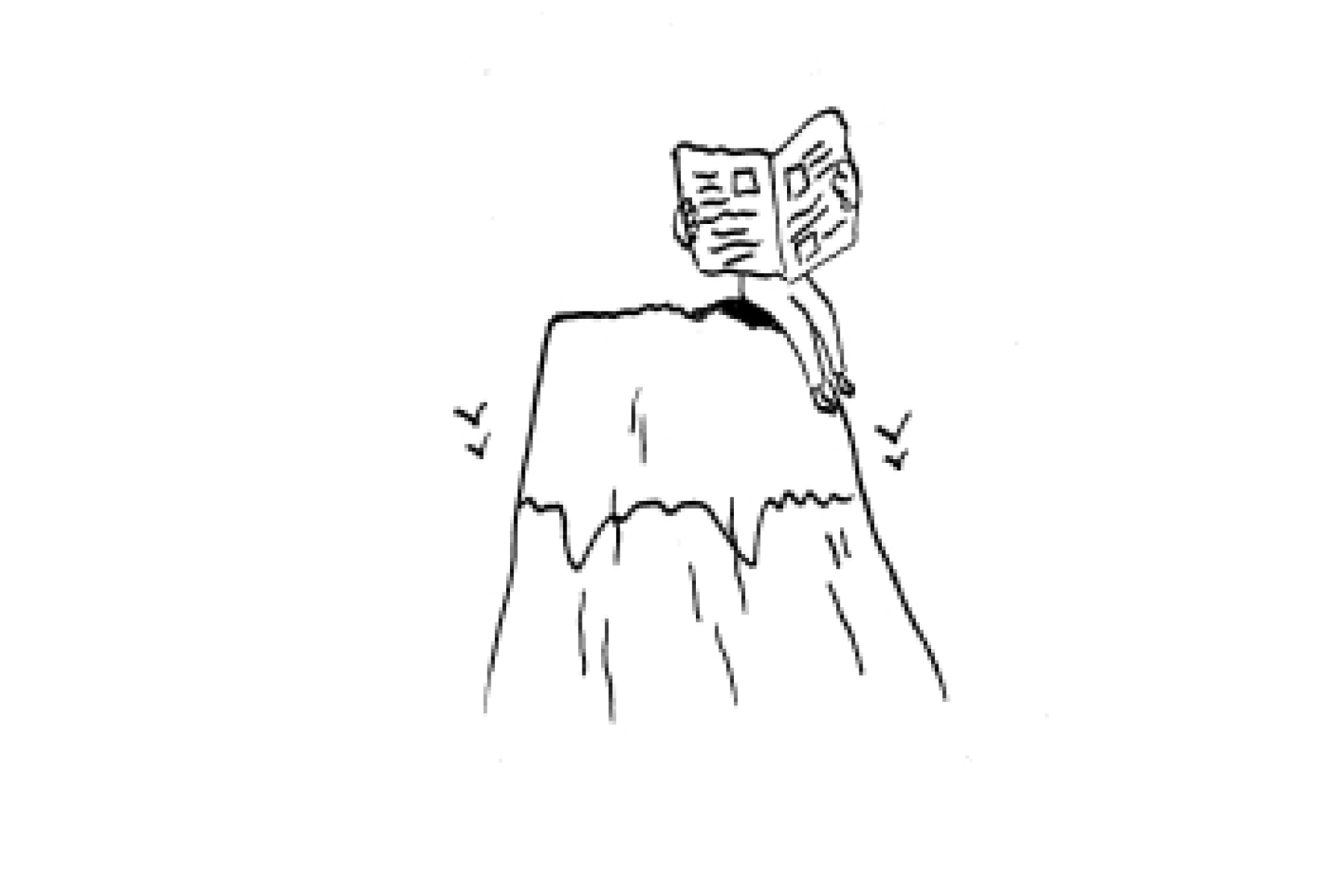
Is PCM some kind of religion?
You're god damn right it is.
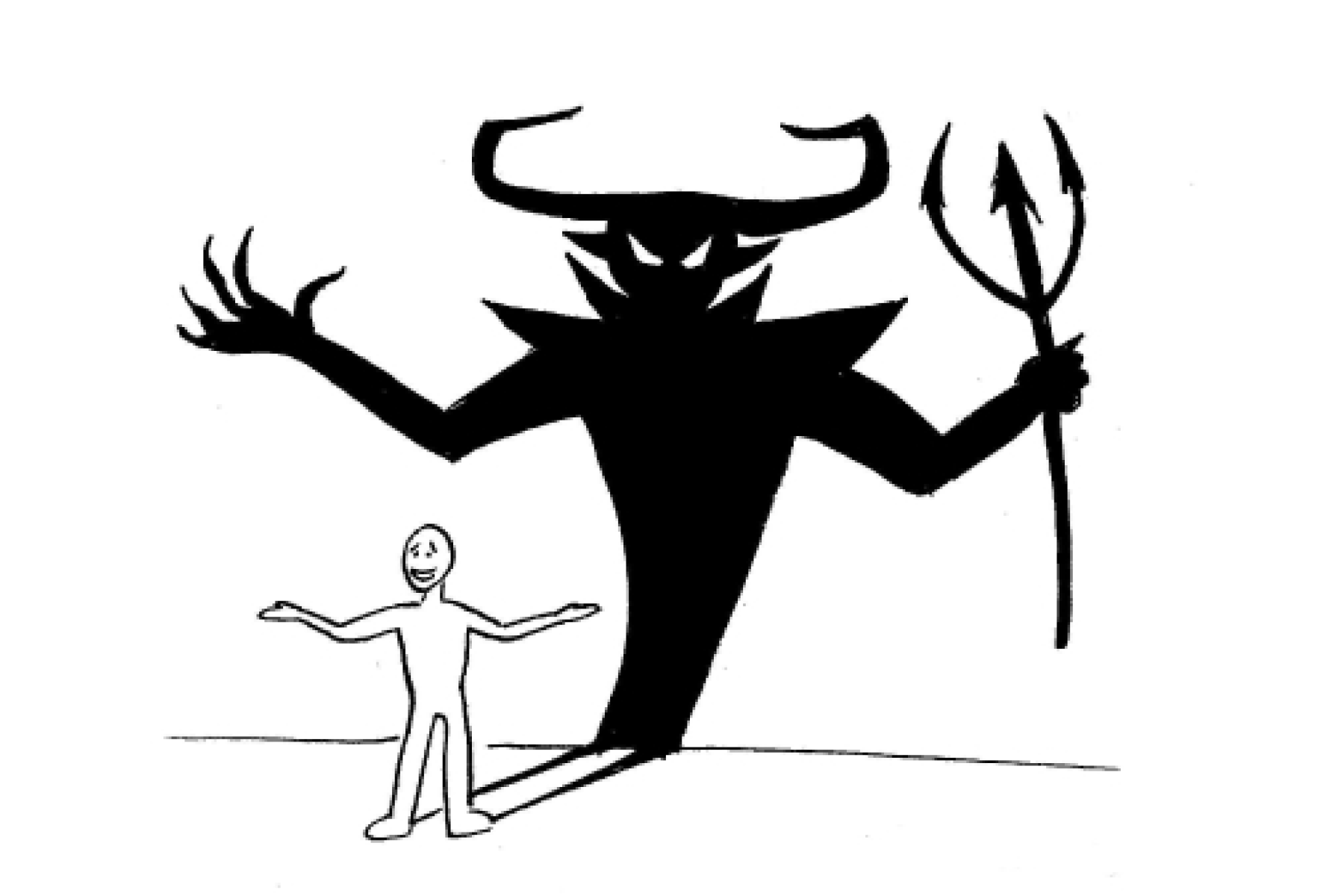
How does PCM change the way people write?
Most writers stand in an unfortunate relationship to their own creativity. They have few ways of quantifying or speaking sensibly about it.
Every writer need a robust vocabulary with words and phrases that allows them to better communicate with themselves and others about their creative process.
Building a working vocabulary of what it meant to be prolific significantly improves the chance that someone can effectively manage the creative process.
This system is designed to categorize and explain relationships between various concepts of creativity. That’s just as much of a superpower as the act of creating itself.
Ultimately, words become worlds. Language becomes leverage. How you structure your speech affects how you perceive and categorize and construct your reality.
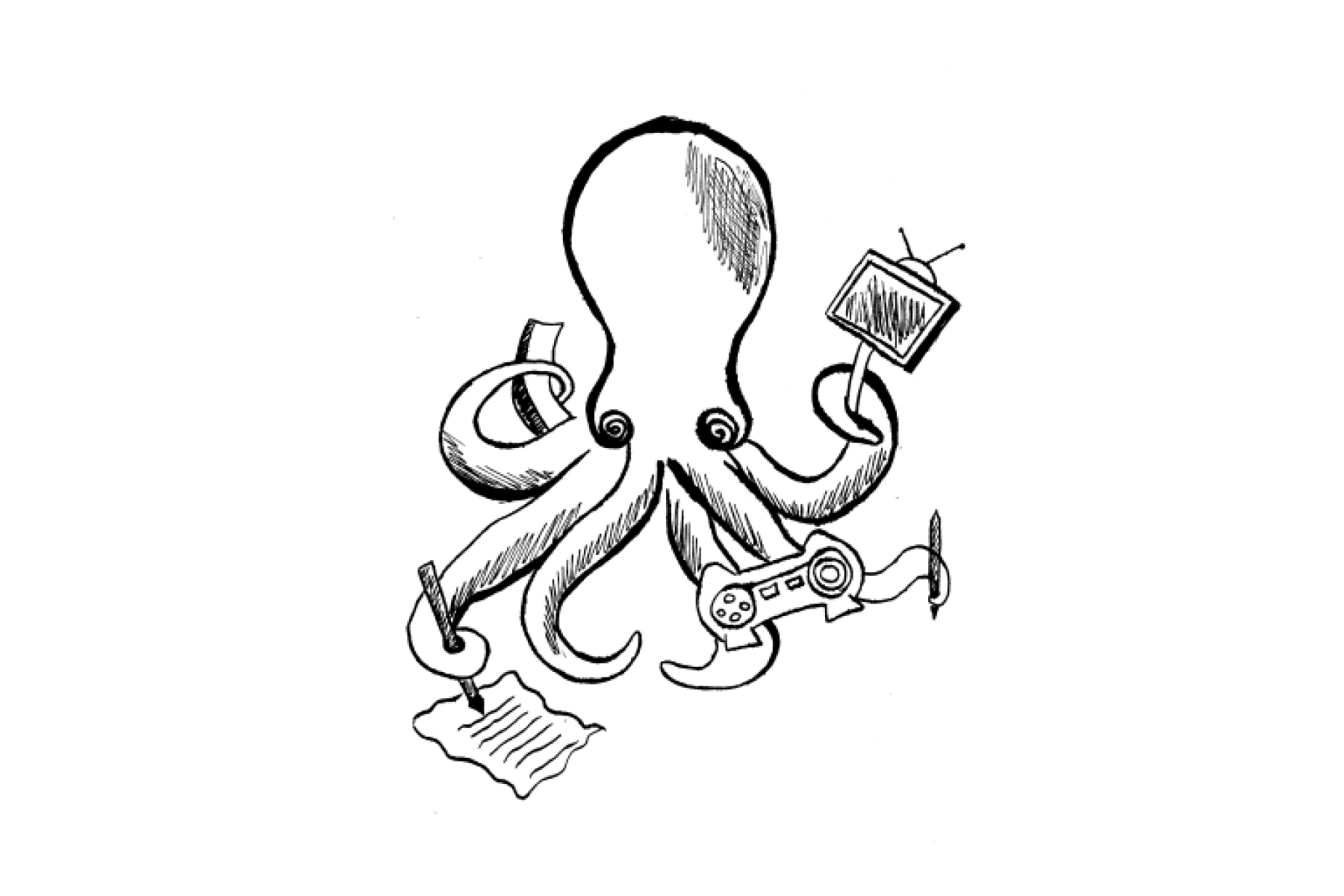
Why are there so many PCM tools?
The more tools you have to work on a problem, the less likely you are to get stuck
Prolific was built for that exact reason. Comprised of 300+ battle tested tools for every step of the ideation, organization and execution process, now writers can take some of the risk out of the equation.
You already have the natural talent, which is the raw material from which you fashion your creations. Prolific gives you more leverage with a comprehensive arsenal of mindsets, approaches, behaviors and assets.
Whatever unwelcome situation needs to be dealt with and overcome, you are equipped.
Writers who go to work visualizing themselves as always carrying a tool kit stocked with powerful and useful tools are unstoppable.

Which tools are the best?
You can save your favorite tools.
But each tool in your personal creativity management system may not be transformative in isolation.
It's the magnitude of having hundreds of mindsets, approaches, behaviors and assets at your fingertips that gives you an unprecedented source of leverage as a writer.
Because now you can combine them. You can use the connectedness of the tools to your advantage.
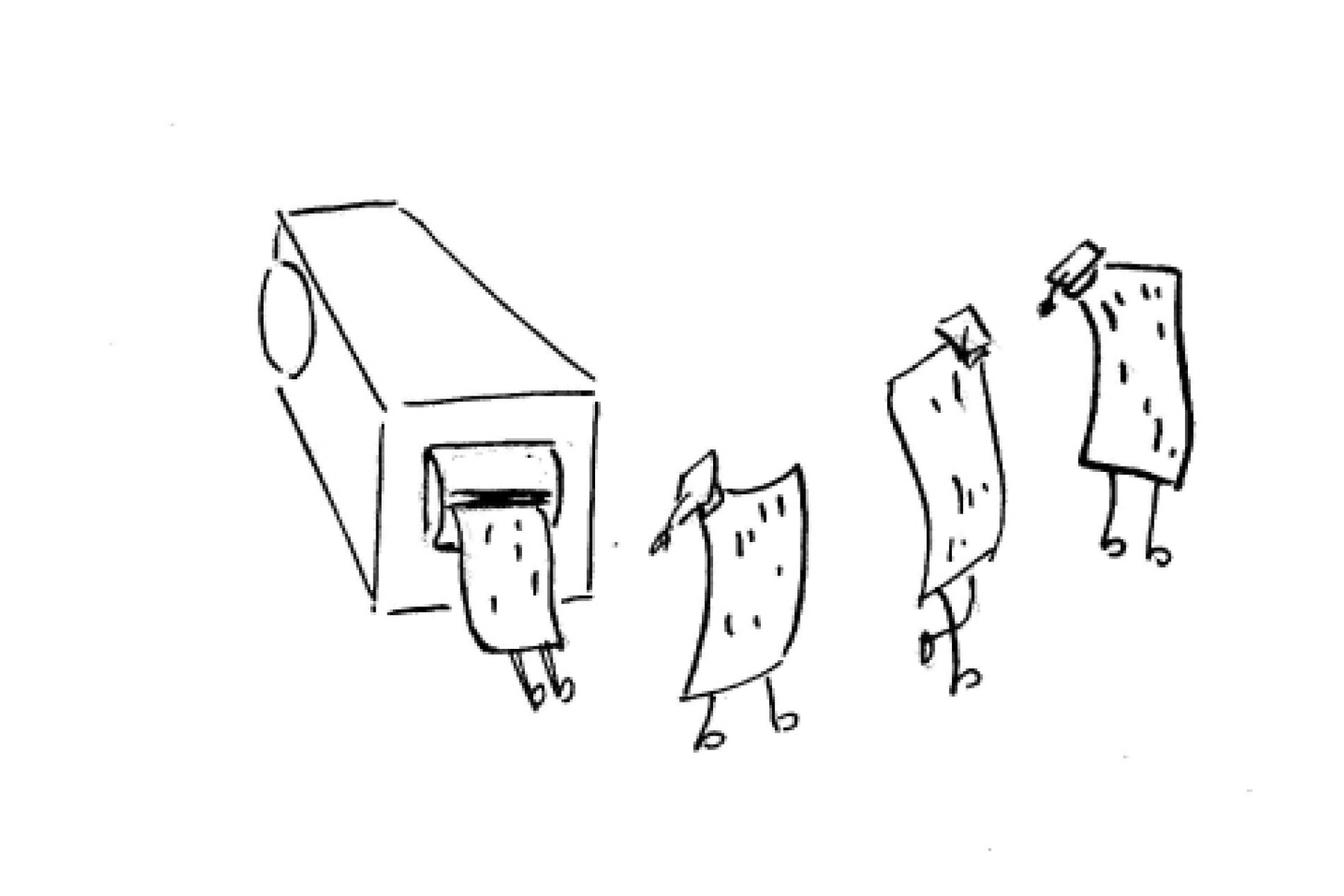
How does the PCM knowledge base work?
Next time you get writer's block, come to the knowledge base, name your problem, learn why you might be having it, and then pick the appropriate solution to overcome it.
Our knowledge base isn’t another beautifully designed website where you to pretend to do your work. It’s the place you come for answers about why you can’t do your work.
Why do you have to subscribe?
Prolific helps you do something you are already trying to do, but more simply and conveniently.
We use modern technology to take out the exhausting and expensive steps of the writing process.
Here's how it works. You choose an element of the creative process you’d like to focus on, and we suggest the right tools to try.
Like mindsets to help you access motivation, approaches to help you solve complex problems, behaviors to help you build healthy habits, and assets to help you sustain career momentum.
If you enjoy these tools and want to learn more, it's time to subscribe. And when you do, you’ll get unlimited access to an entire warehouse of 300+ of tools from our exclusive library, free copies of the books that started it all, Prolific and Personal Creativity Management.
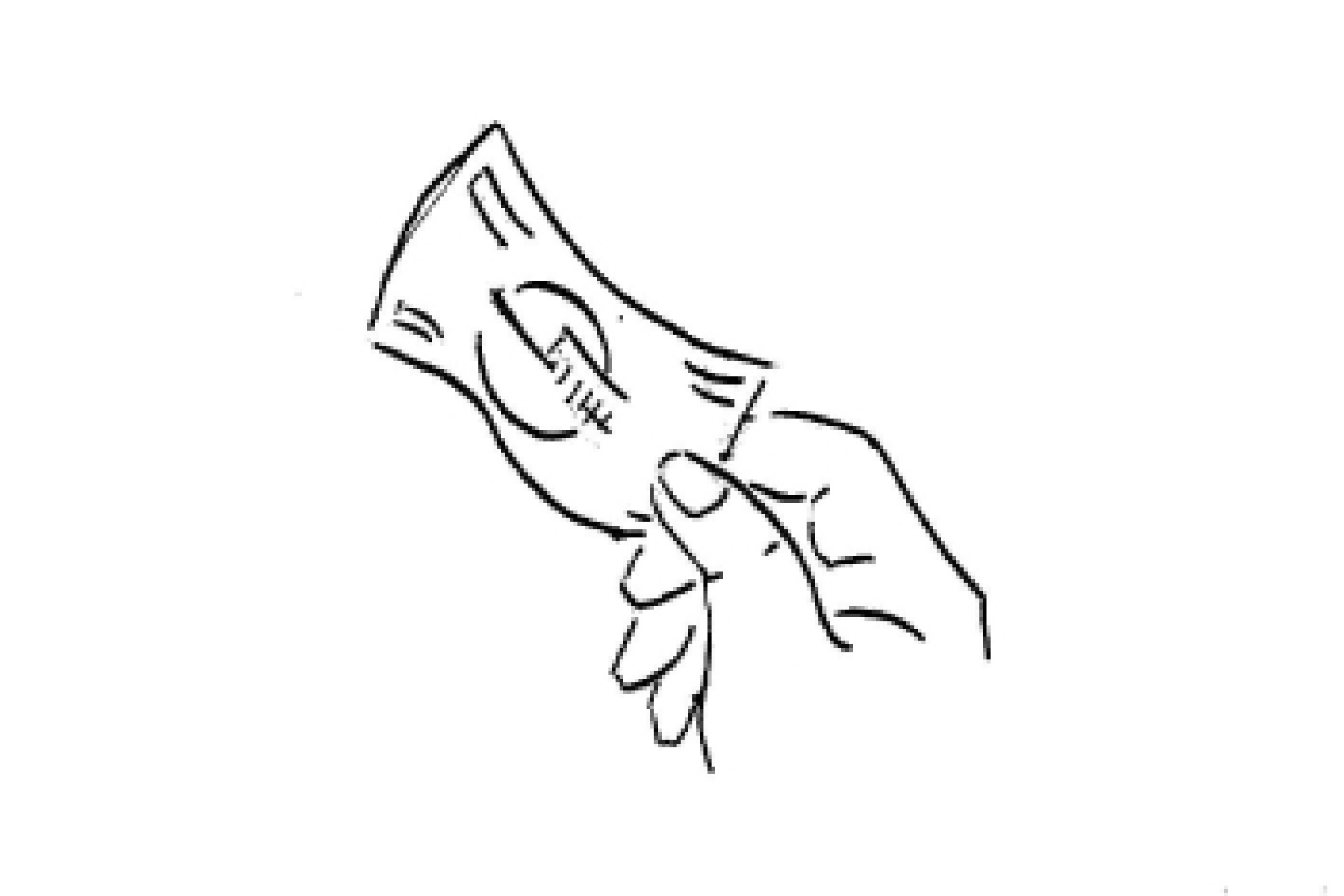
What are the basic tenets of PCM?
The basic tenents of PCM are outlined in The Personal Creativity Management Manifesto
